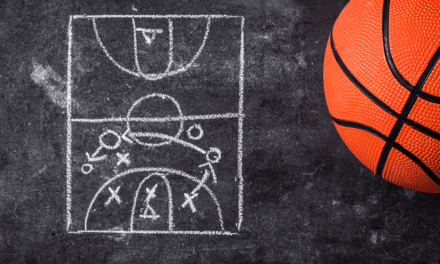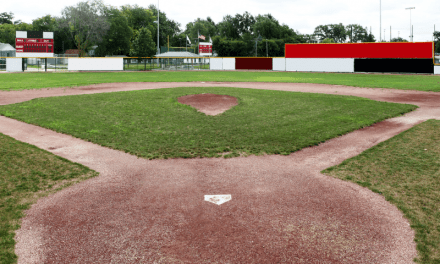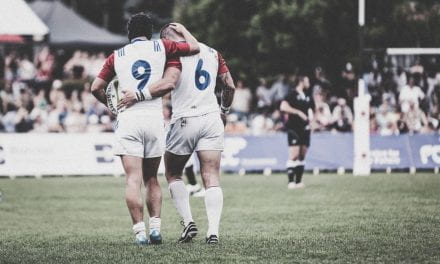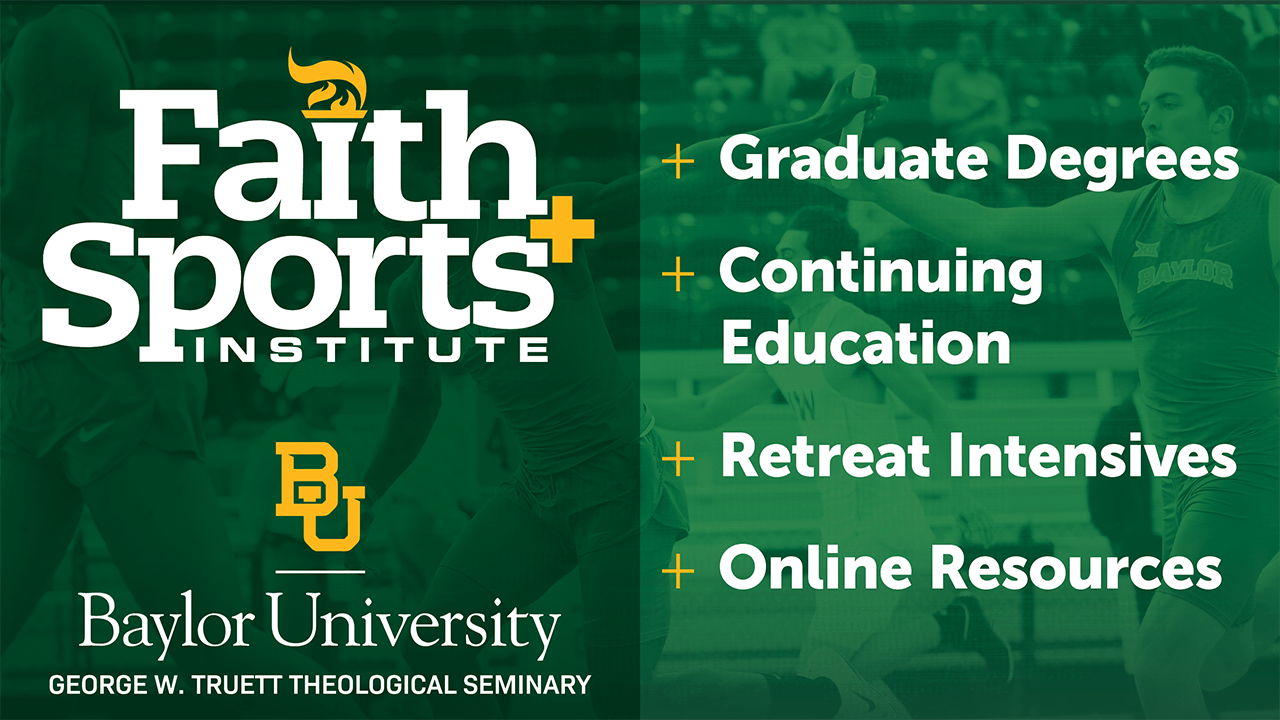Drew van Esselstyn
Time is the ultimate metric of an elite sprinter, or so it would seem. The success of the journey from the starting block to the finish line is almost exclusively defined by how little time passes. It is quantifiable, a mashup of fast-twitch, frenetic split-seconds that barely allow reflection as the next stride pierces through the air.
At the 1992 Summer Olympics in Barcelona, Derek Redmond of Great Britain faced down the opponent of time, hoping to travel 400 meters in about 45 seconds (or less). It was a semifinal race, by design a footnote. Redmond was expected to reach his goal with little fanfare and move past that qualifier to contend for a medal a few days later.
Approximately 150 meters, 40 strides, and 16 seconds in, Redmond’s right hamstring gave out. His shot at glory in the form of an Olympic medal disappeared as the rest of the eight-man field left him behind. For Redmond, time ticked on as he dropped to a crawl.
On this Father’s Day nearly three decades later, with another Summer Games on the horizon, I’d like to reflect on the fullness of Redmond’s journey that day. But instead of measuring his course with seconds and minutes, I’d like to contemplate it through a different lens.
The created goodness from God
Sport offers us a window into God’s creative heart. We are made in His image, created to bear that image and to cultivate that which God has given us as an act of worship to Him. When we consider that Redmond was, in 1992 and for some years before that, one of fastest 400-meter runners *in the world*, it’s apparent that he had strived to maximize his physical skills. I can’t speak to Redmond’s faith or to whether he recognized his speed as a gift given by our Good Father. But if you’re reading this, there’s a strong probability you do.
If we had the chance to pan the camera back to the starting blocks with Redmond, would we take even an instant to fully ponder how uniquely and wonderfully made Redmond was and all that had led to that very moment?
Course-altering brokenness
For the first 15 seconds of the race, there was no indication that anything was wrong. Redmond was on pace with the runners in the lanes around him, striding out with the confidence of a man who had easily and impressively devoured meters at a time for much of his life.
But in the 16th second, Redmond was halted. As fast as his legs had been moving, I imagine that the flood of emotions that shot through his heart and mind went even faster. The momentary yet catastrophic failure of his body undid a lifetime of dreams, and shame and sorrow and sadness and anger – or all of them – were likely churning inside of him, on display in the most public of ways.
Redmond collected himself enough to get up, but he was no longer running. His gait was now a limping hop, incapable of being what it was intended to be … and seemingly unable to get to where he was intended to finish.
The unconditional love of a father
What we don’t see initially is that this is far from a one-character story. Nestled among the fans in Barcelona was Jim Redmond, Derek’s father. What must he have been feeling in the moments before the race? An abiding love, perhaps mixed with nervous energy? Deep pride for the sacrifices they both had made throughout Derek’s career, much of which Jim was probably glad to do? A humble appreciation for the chance to be there and experience the Olympics with his son, albeit from a few hundred meters away and as one speck in a sea of faces?
How about in the turning point along the backstretch? The loss of your own dream, even if it was for your son? The crippling power of that split-second when Jim, sitting in the stands, knows immediately that not only was something wrong, but horribly so … and there’s nothing he can do to change it. An inarguable truth of sport is that failure is more frequent than success, but that doesn’t mean a father’s heart doesn’t sting for his son just the same.
How about as Derek gets up and starts to hobble? There’s still a crowd of people to navigate through, and after that, security and Olympic personnel to convince or evade just to get onto the track. How many different twists and turns did Jim, in all his love and determination, take In getting down the stands and making his way onto the track? Even in 1992, that wouldn’t have been simple.
The beauty of surrender, and a redemptive finish
The father runs to his son. He grabs his son. He props up his son. He whispers in his son’s ear. He loves his son, even when at first his son tries to turn away from the help. (The ones who love well always do that, no matter what.)
His son surrenders, releases 150 meters of physical pain and emotional angst, folds into his father’s arms. (The ones who know they’re loved, wholly and forever, eventually do that, no matter what.)
Together, arm in arm, the weeping son and the supportive father reach the finish line.
Time has passed since then, in decades, not seconds. In the record books, Derek Redmond is just a footnote. He didn’t win, and is listed as having not even finished the semifinal.
But if we look at his race from another vantage point, we can see glimpses of a different story, one not defined by the ticking of seconds: where timeless, boundless, eternal love outweighs and overcomes any manmade metric of success, or even what the world might see as failure.
 About the author: Drew van Esselstyn has been on staff with the Fellowship of Christian Athletes for the past six years, first in New Jersey and now in Richmond, VA. Before being called into ministry, Drew had a 20-year career as a sports journalist, covering everything from Little League baseball to the Super Bowl. He has been married to Nicole for 25 years, and he’s exceptionally proud to celebrate Father’s Day with Abigail (23) and Dalton (20).
About the author: Drew van Esselstyn has been on staff with the Fellowship of Christian Athletes for the past six years, first in New Jersey and now in Richmond, VA. Before being called into ministry, Drew had a 20-year career as a sports journalist, covering everything from Little League baseball to the Super Bowl. He has been married to Nicole for 25 years, and he’s exceptionally proud to celebrate Father’s Day with Abigail (23) and Dalton (20).





